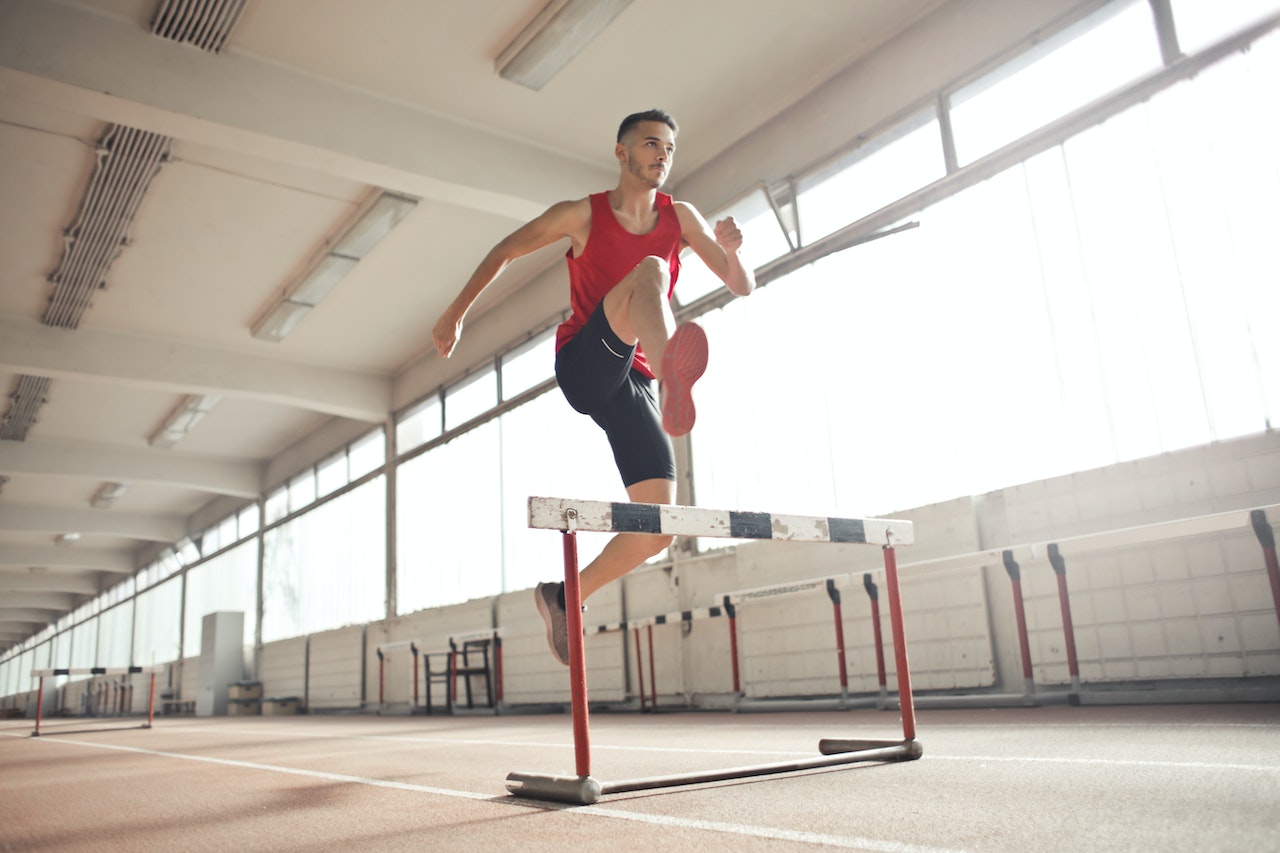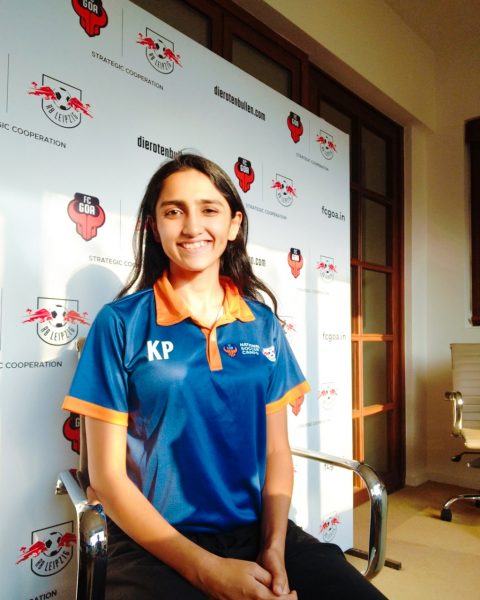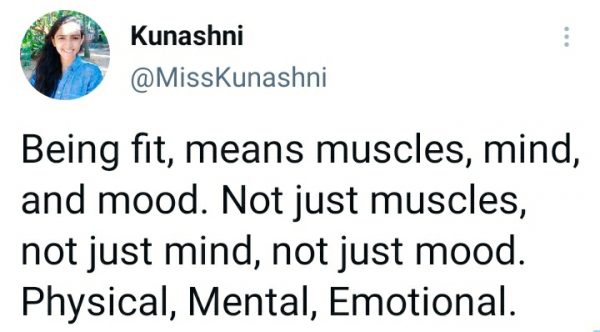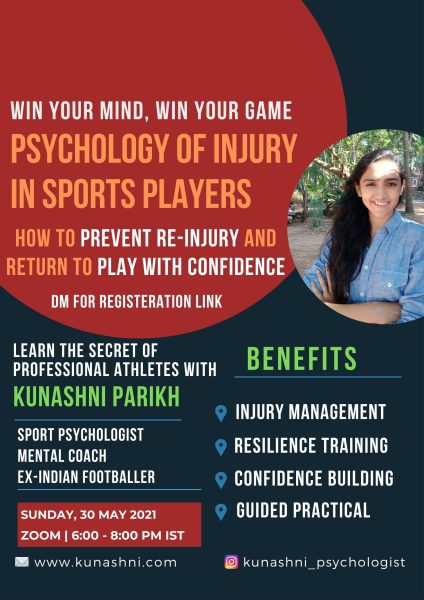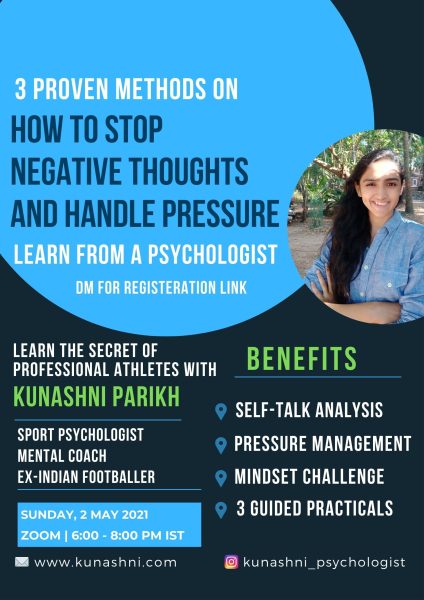Performance Anxiety is common for all athletes. Imagine you’re on the court, ready to showcase the skills you’ve honed for years. The crowd’s eyes are on you, expectations are high, and suddenly, your hands start trembling, your heart races, and your mind goes blank.
You’ve just encountered the infamous performance anxiety, a phenomenon that threatens even the highest skilled athletes. That’s when you need the right toolkit – the power of Sport Psychology.

What is Performance Anxiety?
Performance anxiety, also known as “choking,” is a psychological experience where intense worry and self-doubt impede an athlete’s ability to perform at their best when it matters most.
It’s as if the very skills you’ve mastered abandon you when the spotlight is on. This disheartening experience is common and can leave athletes frustrated, affecting their confidence and overall performance. If this has happened to you, then you’re not alone.

Why Does Performance Anxiety Happen in Sport?
Performance anxiety happens due to the complex interaction of psychology and neuroscience. A small trigger such as seeing your opponent on the field, a pep-talk by the coach, or thinking about the results can trigger a series of negative thoughts.

With the overflow of negative thoughts, the amygdala, our brain’s emotional center, goes into overdrive and triggers a response known as “the fight-or-flight response”. This releases stress hormones known as cortisol and floods the brain with more fear and negativity. You lose your focus, muscle memory, and easy-to-win opportunities
The main goal is to reduce the activation of the brain area linked with performance anxiety. This enables an athlete to control their negative thoughts and perform with confidence. This ability separates the good players from the best players.
6 Tips to Overcome Performance Anxiety
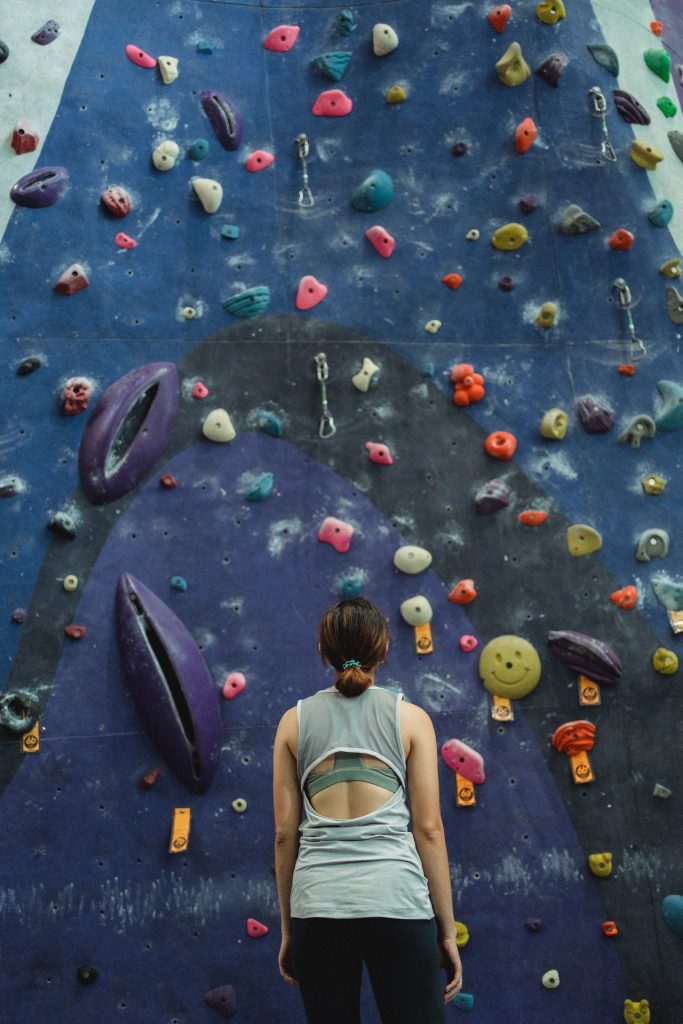
- Prioritize Mental Training: Just as you work on physical fitness and technical skills, work on learning mental skills as well. Developing mental resilience rewires brain networks enabling you to perform more confidently and reduce performance anxiety.
- Practice Visualization: Imagine yourself succeeding in high-pressure situations. This practice activates mirror neurons in the brain, enhancing muscle memory and calming the amygdala’s response to stress. It is one of the most powerful techniques of sport psychology and needs to be learnt properly.
- Adopt a Pre-Performance Routine: Rituals signal to your brain that it’s time to perform. A consistent routine calms nerves and enhances focus. It could involve breathing exercises, reviewing key strategies, or even listening to specific music.
- Journal Progress and Emotions: Keep a journal to track your progress and emotions. This helps identify triggers, patterns, and areas needing improvement. Journaling also serves as an emotional outlet, reducing anxiety’s emotional weight.
- Practice Breath Work: Deep, controlled breathing counters the fight-or-flight response. Slow inhales and exhales activate the parasympathetic nervous system, promoting relaxation and focus.
- Consult a Sport Psychologist: When performance anxiety becomes overwhelming, seeking professional help is a sign of strength, not weakness. Sport psychologists are equipped to provide tailored strategies, addressing the root causes of anxiety and guiding you towards mental focus.
These 6 strategies will help you on your mental training journey.

Crushing Performance Anxiety
Performance anxiety is a challenge, but it’s also an opportunity for improving yourself as a Sportsperson.
Picture yourself back on that court with unwavering confidence. Visualize your hands steady, mind focused, and skills flowing effortlessly.
The journey to conquering performance anxiety starts with a belief in your ability to overcome it and the right guidance and techniques.
With the right tools, strategies, and mindset, you can step into the spotlight with confidence, knowing that you possess the strength to shine even in times of high pressure.
If you need more support, feel free to reach out and book a session for your sporting success.

Clinical and Sport Psychologist

